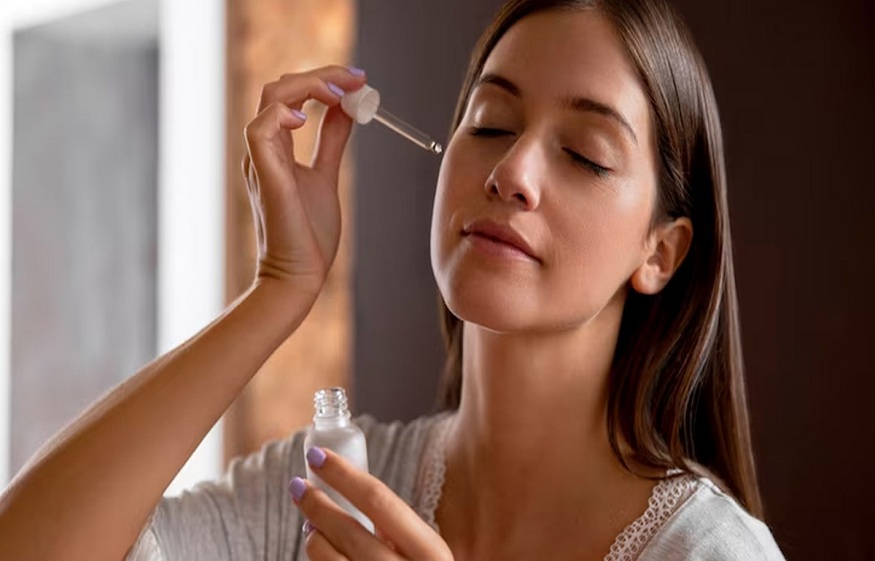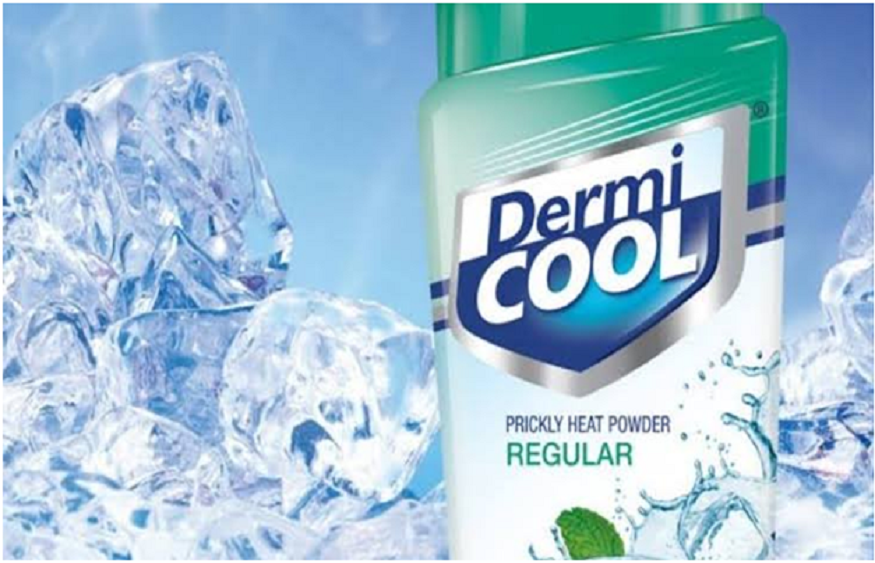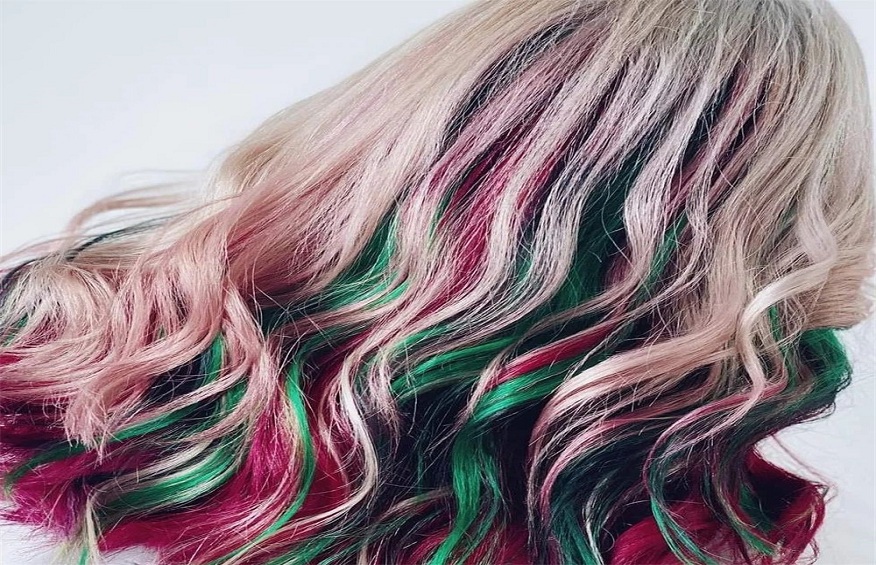Pigmentation is a common skin concern that affects individuals of all skin tones and ages. Whether it’s dark spots, melasma, sunspots, or uneven skin tone, the root cause is often the same — overproduction of melanin, the pigment that gives skin its color. While many people reach for pigmentation face creams as a quick fix, one of the most powerful and overlooked tools in fighting pigmentation is a high-quality sunscreen with SPF 50.
Understanding Pigmentation
Pigmentation occurs when your skin produces excess melanin in certain areas, leading to patches or spots that are darker than the surrounding skin. This condition can be triggered by sun exposure, hormonal changes (as seen in pregnancy or with birth control), acne scars and skin injuries.
Despite the popularity of topical treatments and brightening products, most pigmentation treatments fail in the long term if you’re not protecting your skin from the UV rays that caused the problem in the first place.
Why Sunscreen Matters More Than You Think
UV radiation is a major culprit behind pigmentation. Even on cloudy days or while indoors, UV-A rays can penetrate glass and stimulate melanin production. This leads to the worsening of existing pigmentation and can trigger new patches.
Using a broad-spectrum sunscreen with SPF 50 provides high-level protection against both UVA and UVB rays. SPF 50 filters out about 98% of harmful rays, significantly reducing the chance of pigmentation returning or worsening.
Unfortunately, many people skip sunscreen thinking it’s only necessary when at the beach. Daily application is essential — especially when using pigmentation face creams that contain active ingredients like Vitamin C, glycolic acid, or retinoids, which make the skin more sensitive to the sun.
The Right Routine: Sunscreen + Pigmentation Face Creams
To truly combat pigmentation, a multi-pronged skincare routine works best:
- Morning Routine:
- Gentle cleanser
- Antioxidant serum (like Vitamin C)
- Moisturizer
- Sunscreen with SPF 50
- Evening Routine:
- Cleanser
- Pigmentation face cream with ingredients like niacinamide, kojic acid, or alpha arbutin
- Hydrating night cream
Consistency is key. Sunscreen enhances the effectiveness of face creams by protecting the skin from further UV-triggered melanin production. Think of it as locking in the benefits of your entire routine.
Common Myths About Sunscreen and Pigmentation
“I have dark skin, I don’t need sunscreen.”
Melanin offers some natural protection, but it’s not enough to prevent pigmentation. Everyone needs sunscreen.
“I’m indoors all day.”
UVA rays can pass through windows. If you sit near one or use screens all day, you’re still exposed.
“SPF 30 is enough.”
SPF 30 blocks about 96.7% of UVB rays, while SPF 50 blocks 98%. That 1.3% difference makes a big impact over time — especially when treating pigmentation.
A Note on Trusted Skincare
When choosing products, it’s important to go with brands that focus on scientifically backed formulations. Brands like ARM Pearl Beauty offer skincare products tailored to Indian skin types, focusing on both pigmentation correction and sun protection. Using dermatologist-recommended brands ensures you get maximum results with minimal irritation.
Final Thoughts
If you’re struggling with pigmentation, don’t underestimate the role of sunscreen with SPF 50. While pigmentation face creams can fade existing spots, only sunscreen can prevent new ones from forming. Treat sunscreen as your daily armor — not just a cosmetic extra — and you’ll see a noticeable improvement in your skin tone over time.
Remember, skincare isn’t just about correction — it’s about protection and prevention. Start with sunscreen, and you’re halfway there.




